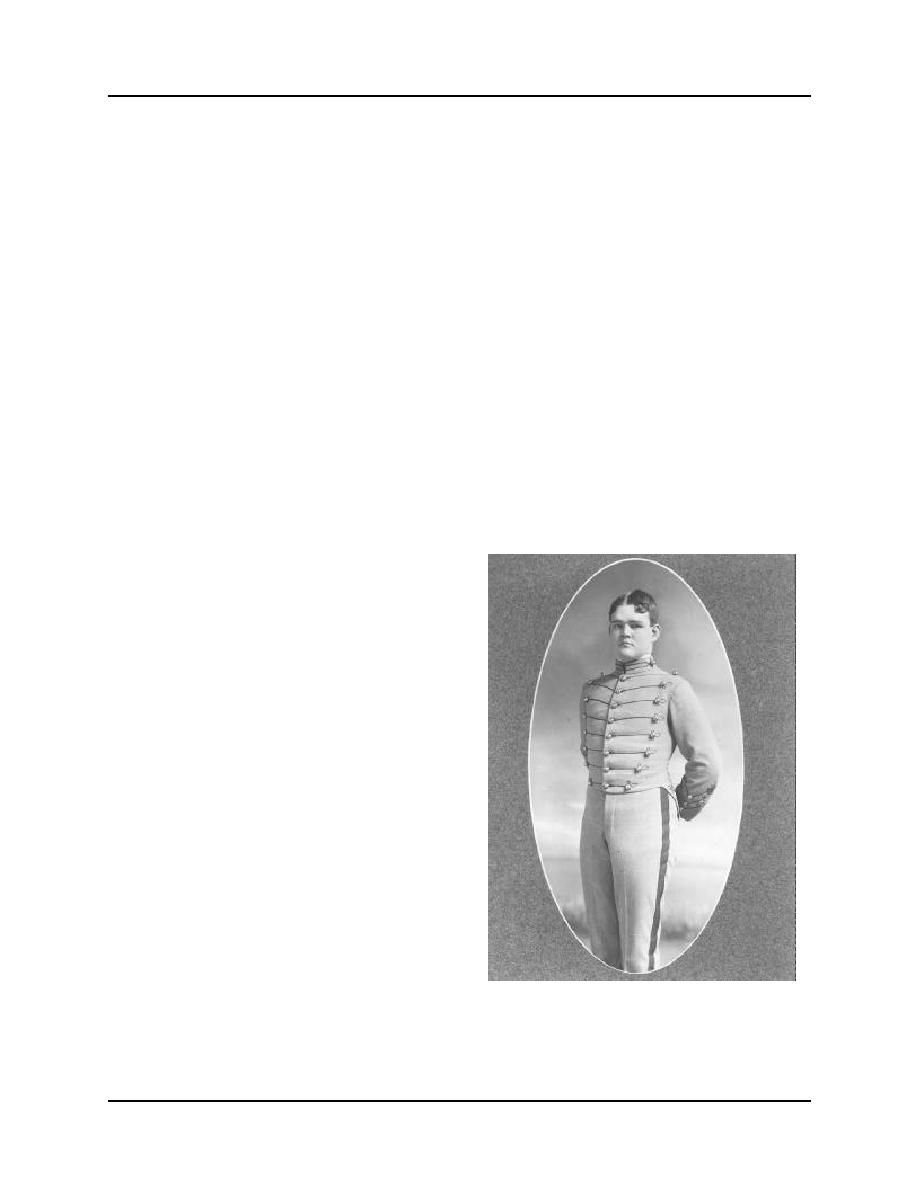
Engineer Memoirs
A:
Her maiden name was Lucy Birnie, and her name at the time she and my father met was
Horgan. Her first husband was Harry Horgan. He was a newspaperman on the New
York Times. So were my father's two brothers. His older brother Ralph and his younger
brother Louis both wrote for the New York Times.
It was Louis who had been the close friend of Harry Horgan. My mother was widowed
in 1918. My father was a bachelor in New York. My uncle Louis introduced them, and
that's the way they came to marry in 1923.
Q:
My goodness. It hadn't occurred to me until you mentioned it, but indeed, your father
was quite a mature man when you were born.
A:
Yes. My father, for reasons that I don't entirely understand, never was much interested
in marriage or women up until that time in his life. He grew up in a woman-dominated
home. His father [Ralph H. Graves] had died when he was nine. His mother [Julia
Hooper Graves] scraped along down in Chapel Hill [North Carolina]. She had a
house--in fact, she had four houses. She lived in one and she rented the others. I won't
say they were poor, but they didn't have any money. My grandmother and an aunt
[Emma Graves] of my father's ran this
show. As my father talked about it
afterwards, he was--well, embittered
would be too strong a word--but he had
a very reserved attitude toward the way
women conducted things. It took my
mother to turn that around, I guess.
Q:
And a lot of time.
A:
Yes. A lot of time. His military career
was out in the sticks wherever possible.
Right after he was at West Point, he
served at [Fort] Leavenworth [Kansas] in
the 3d Engineers. [Douglas] MacArthur
was also in that same battalion.
He went to the Philippines and was there
in 1909 and 1910, building the first
fortifications on Corregidor. After that he
came back and went into Mexico on the
punitive expedition with
Ernest Graves, Sr., as a cadet. United States
Military Academy, class of 1905.
4



 Previous Page
Previous Page
